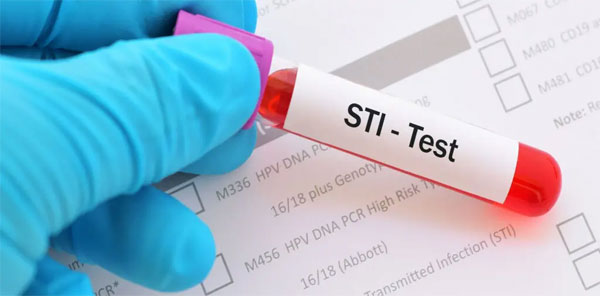Sexually Transmitted Diseases, STD/STI Testing and Screening
Hundreds of thousands of people in the Western world visit their GPs daily with concerns about sexually transmitted diseases (STDs). Understanding the significance of routine STD checks is crucial, considering that many individuals may unknowingly carry asymptomatic diseases.
In this article, we will delve into the nature of STDs, the most common ones, the presence of asymptomatic cases, the dangers they pose, complications arising from untreated STDs, and the solution - routine screening.
What are STDs or STIs?
Sexually transmitted diseases, commonly known as STDs or sexually transmitted infections (STIs), are infections spread through sexual activity. These can be bacterial, viral, or parasitic in nature, affecting various parts of the body.
- syphilis
- gonorrhoea
- trichomoniasis
- chlamydia
- genital warts due to human papillomavirus (HPV)
- herpes simplex virus (HSV)
- human immunodeficiency virus (HIV)
- non-HPV genital warts
- ureaplasma
- mycoplasma genitalis
- cytomegalovirus
- hepatitis B
Prioritise Routine STD Testing and Screening
Regular routine testing and screening for STDs at your GP is imperative, particularly for young, sexually active individuals.
By addressing asymptomatic cases early on, we not only protect individual health but also contribute to the broader goal of preventing the spread of infections and minimising potential complications.
Make your health a priority!
Schedule routine STD checks today - a small step that can make a significant impact on both your well-being and that of the community.


